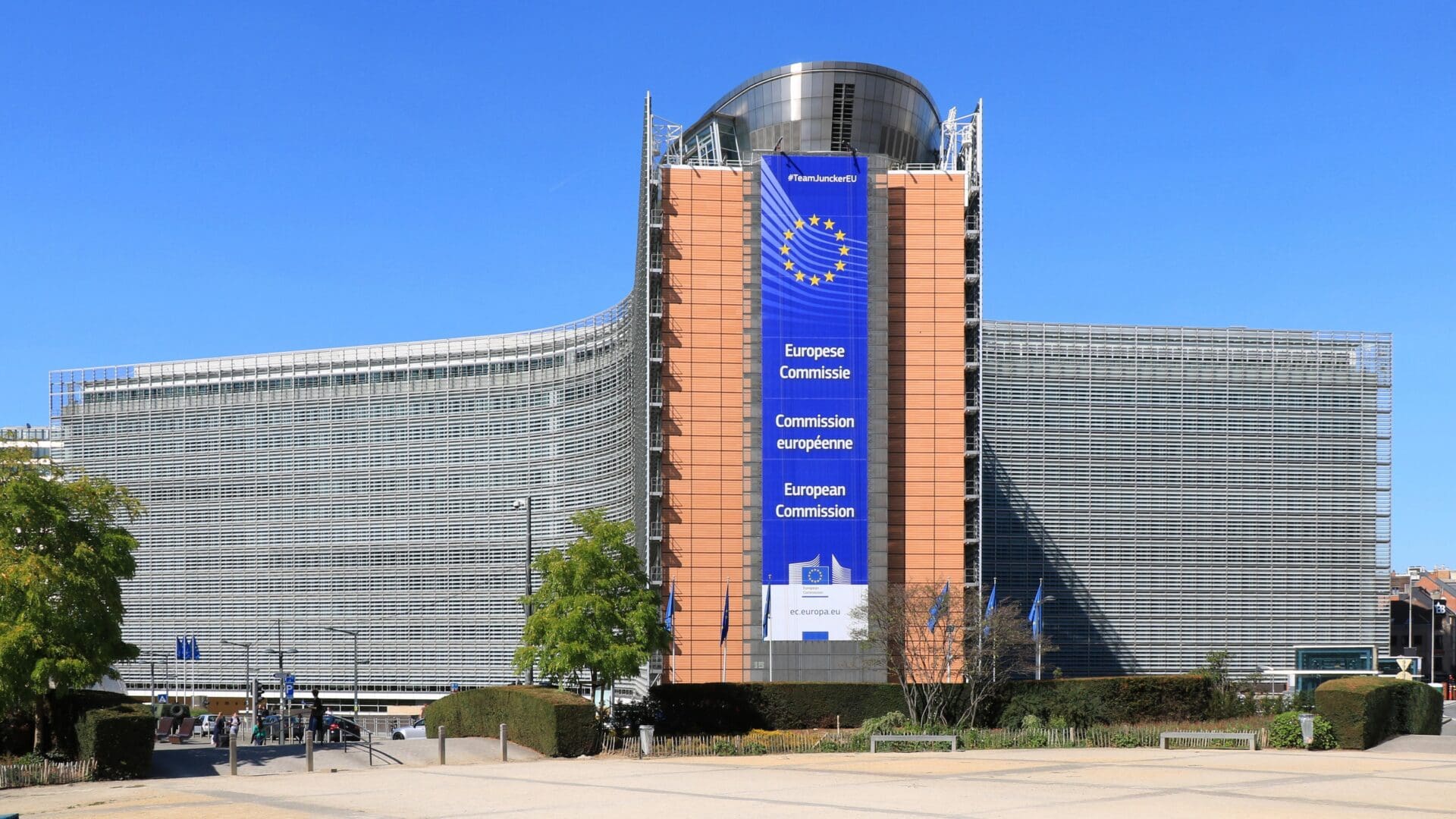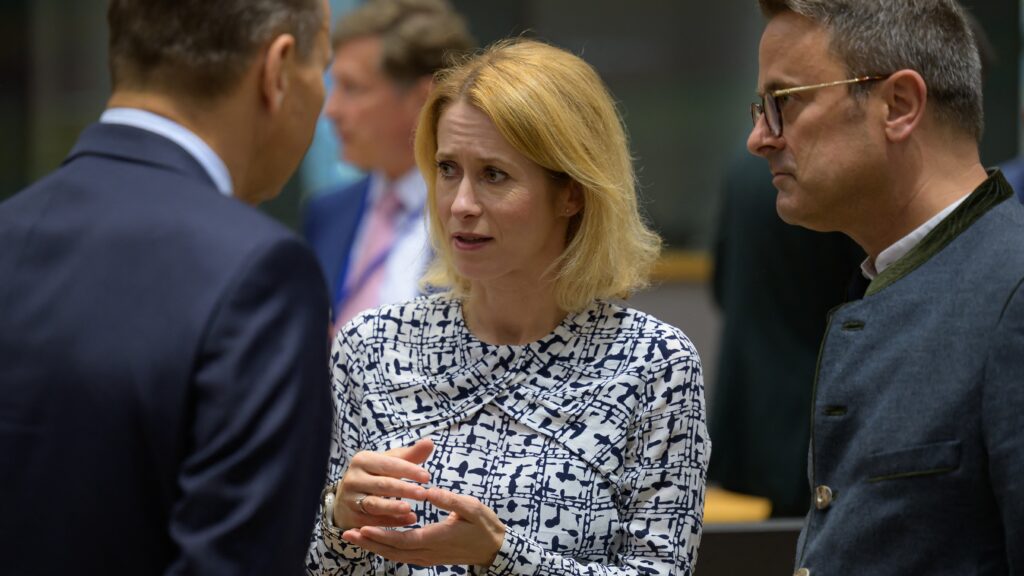The European Commission (EC) launched infringement proceedings against Hungary in seven additional areas in October 2023, marking yet another potentially tense moment in the turbulent relationship between the European Union and Hungary in recent years. The relationship has been marred by a number of issues, from Hungary’s veto on the financial aid to Ukraine to Budapest advocating for the freezing EU aid to Kyiv and the EU’s recent statements on the recently announced Hungarian national consultation.
In October this year, the European Commission (EC) launched infringement proceedings against multiple member states, including Hungary. The EC’s issuance of formal notices and reasoned opinions in seven distinct cases ranged from air pollution to the proper conduct of legal proceedings. The gravity of these proceedings is underscored by their potential escalation to the Court of Justice of the European Union if the Hungarian cabinet fails to address Brussels’ requests or demonstrate the adequacy of domestic legislation. This series of actions reflects an elevated scrutiny of Hungary’s compliance with EU directives and carries the possibility of renewed tensions between Hungary and the European Union.
The European Commission has outlined some key concerns regarding Hungary, underscoring the imperative for adherence to EU laws. Central to the requirements formulated is Hungary committing to reducing air pollution, with the Commission calling for a substantial decrease in emissions of various pollutants and the comprehensive transposition of the Renewable Energy Directive into national law. The air pollution-related proceedings have been launched also against other Member States as well, including Bulgaria, Ireland, Cyprus, Latvia, Lithuania, Luxembourg, Austria, Poland, Portugal, Romania, and Sweden. The core objective is to ensure compliance with EU laws aimed at reducing air pollution,
emphasizing the need to reduces emissions of nitrogen oxides, non-methane volatile organic compounds, sulphur dioxide, ammonia, and fine particles.
Beyond air pollution, Hungary, along with other nations, has been given a two-month window to rectify identified shortcomings in various areas. For instance, regarding the directive on renewable energy sources, Hungary and Sweden have been accused of incomplete transposition of EU rules into national legislation. Hungary is cited for lacking necessary transposition documents, while Sweden is criticized for inadequate implementation of the renewable energy directive. Both countries have two months to address the identified issues, or the Commission may refer the cases to the Court of Justice of the European Union.
Besides this, in the domain of platform-to-business relations, Lithuania and Hungary are also being investigated for their alleged failure to ensure the effective implementation of the regulation on platform-to-business (P2B) relations. This regulation aims to provide fairness and transparency for business users of online intermediation services. The Commission has sent reasoned opinions to both countries, giving them two months to address the concerns raised. If no satisfactory reply is received within the deadline, the Commission reserves the right to issue a reasoned opinion or refer the cases to the Court of Justice of the European Union.
Beyond environmental concerns and P2B issues, the Commission’s scrutiny extends to various areas where it perceives Hungary’s divergence from EU standards, for example criminal proceedings. The Commission has raised concerns about Hungary’s adherence to EU rules on the presumption of innocence and the right to be present at trial. The directive in question emphasizes the protection of individuals’ rights during criminal proceedings. Hungary is also scrutinized, along with Czechia and Austria, in relation to the Framework Decision on the European Arrest Warrant.
The Commission alleges that these countries have inadequately executed procedures for the extradition of individuals for criminal proceedings or the enforcement of imprisonment sentences. The three nations have been granted a two-month window to rectify the shortcomings; failure to do so may prompt the Commission to issue a reasoned opinion.
This underscores the importance of aligning national practices with the standards set forth in the European Arrest Warrant Framework, emphasizing the need for effective and uniform procedures in matters of criminal justice across the European Union.
In addition, infringement proceedings have been launched against Latvia and Hungary for failing to correctly transpose the Directive on the presumption of innocence and the right to be present at trial in criminal proceedings. The Commission claims that the practices in both of these countries does not comply with EU standards, in particular as regards public pleas of guilt and the conditions of trial in absentia. The nations have two months to remedy the shortcomings identified.
Another area of concern for the EC is waterborne and railway transport:
Hungary and the Netherlands are facing criticism for inadequately implementing EU regulations related to inland waterway navigation. The European Commission has issued reasoned opinions, stating that both countries have failed to transpose the directive on the recognition of professional qualifications acquired in inland navigation (EU) 2017/2397 effectively. According to the Commission, the absence of harmonized standards for competencies, knowledge, and skills in this sector is a key concern. The Hungarian and Dutch governments now have a two-month window to address these issues, responding to queries from Brussels and implementing necessary corrective measures. Failure to do so may result in the cases being brought before the Court of Justice of the European Union, highlighting the importance of aligning national practices with EU directives for regulatory compliance.
Regarding railway regulations are another focal point of the Commission’s attention, with Hungary and Austria facing infringement proceedings for what the Commission considers a faulty implementation of EU laws related to the single European railway area. The Commission contends that the national provisions of these countries deviate from EU directives, imposing limitations on specific rights and services related to railway transportation.A two-month period has been granted to Hungary and Austria to address these concerns; failure to do so may result in the cases being referred to the Court of Justice of the European Union.
To sum up, the European Commission’s recent actions against Hungary underscore a multi-faceted approach to ensuring compliance with EU laws. The issues raised range from environmental concerns to legal procedures and the functioning of key sectors such as railways and online platforms. The Commission’s engagement reflects its commitment to upholding EU standards and ensuring that Member States align their national legislation with the broader European framework. The two-month timeframe given to address the identified shortcomings emphasizes the urgency for Hungary to take corrective measures to avoid further legal proceedings at the EU level. However, it is important to point out that, despite the extensive media coverage dedicated to the matter, Hungary is not one of the countries with the highest number of infringement proceedings. The Commission’s report on monitoring the application of EU law during 2022 shows that Hungary in fact occupies a mid-range place among Member States.








